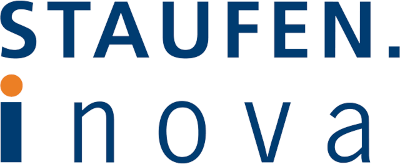
The number of companies participating in international trade is steadily increasing, while at the same time trade and customs regulations are in a constant state of flux due to geopolitical, economic and procurement changes, as well as increasingly environmentally sustainable considerations.
Small and medium-sized companies in particular see their future opportunities in the international environment. However, in order to enter new business areas or subject existing business to a risk assessment, it is a “must” for a company to already include Trade & Customs Compliance (TCC) in the evaluation process, then continuously improve it and thus always be up to date.
This is precisely where the challenge begins for the company to comply with the corresponding responsibilities, since very often unaware or unidentified risks can lead to not inconsiderable consequences. The right approach to TCC can make the difference between expansion in calm waters and a fight for survival in rough seas. The risks in this environment can be of different nature:
- Legal proceedings & consequences against company, management and board of directors
- Damage to reputation and reduction in market value
- Additional requirements (administration, watchlist, etc.)
- Competitive disadvantages
- Vulnerability to competition
- Market restriction and exclusion
- Increased organizational and personnel costs
- Additional personnel, legal and procedural costs
TCC covers a wide range of areas along the supply chain, be it transport, warehouse logistics, customs, cross-border traffic or trade, regardless of size and legal form – it affects all companies that operate internationally.
The TCC Fit Check
The TCC Fit Check is an offer tailored to SMEs in Switzerland by Staufen Inova AG in collaboration with the specialists from Im3pact AG. In the course of a five- to six-week analysis, it uses predefined questionnaires and data collection to identify potential risks and “blind spots” and points out concrete recommendations for action. It is carried out on behalf of the company’s management and within the existing risk management system or the one to be aimed at.
The TCC Fit Check
- Is conducted by independent, internationally experienced industry experts
- Tailored to Swiss SMEs with international business activities
- Is conducted on behalf of the company management / risk management
- Is a structured, efficient analysis procedure in the relevant business areas
- Identifies potential risks, their relevance and possible consequences
- Includes the recommendation of corrective measures and proposed solutions in connection with the identified risks
TCC & Supply Chain Network Management
Today’s industrial productions are based on complex, multi-stage supply chains. They enable unprecedented efficiency and productivity. Low vertical integration, just-in-time logistics with long sea transports, and regional concentration of suppliers according to cost criteria require smooth processes without risk.
A global pandemic with quarantines, curfews and shutdowns of the economy – a Hollywood scenario until a few months ago. The Corona – Crisis 2020/21 has relentlessly focused attention on risks and uncertainties in companies. The market environment has collapsed on both sides: Supply chains no longer function and sales markets are inaccessible. This presents industrial companies in all sectors with a new task: they must reconfigure their supply chains to identify disruptions at an early stage, minimize risks and manage the consequences of crises.
In the future, competition will not be between individual companies, but between entire networks. The winners will be supply chain networks that are agilely aligned with the customer, have transparency across all stages, are digitally networked and integrated, have active control elements and thus possess the 3R properties (Robustness – Resilience – Responsiveness).
The increasing complexity and susceptibility to crises of networked supply chains clearly show that traditional supply chain management is no longer sufficient today. What is needed is a supply chain network management (SCNM) that also includes risk management. It is imperative that this risk management also includes the topic of TCC.
The specialists at Staufen.Inova AG and im3pact AG will be happy to answer any further questions you may have. Please contact us.


